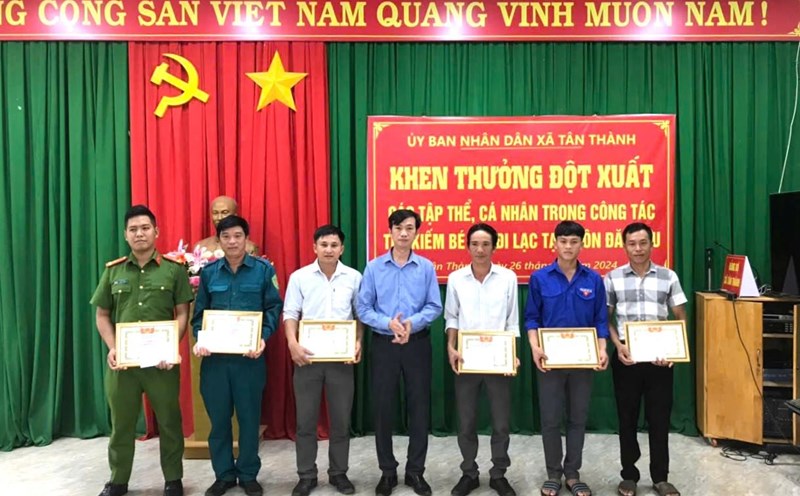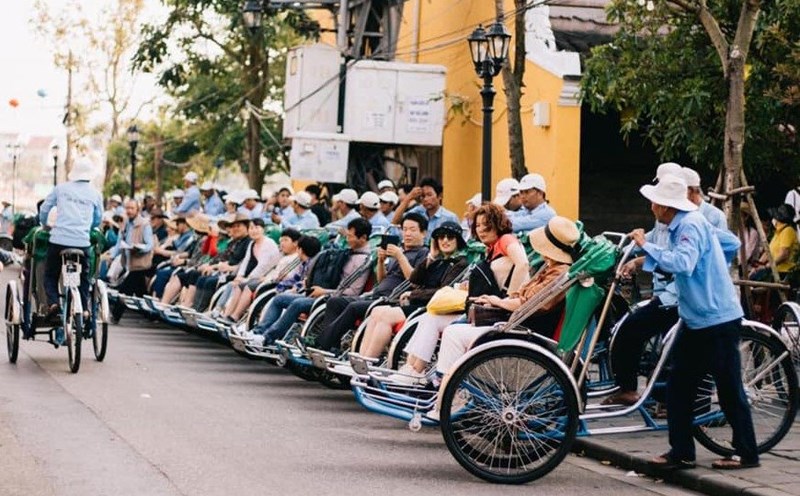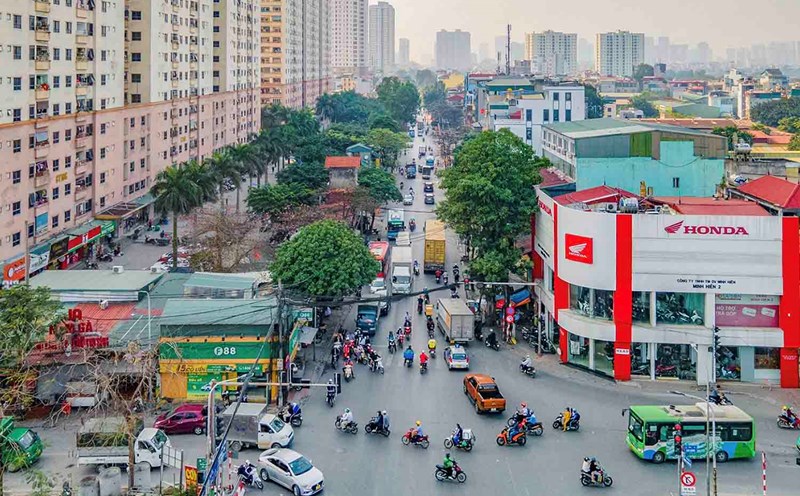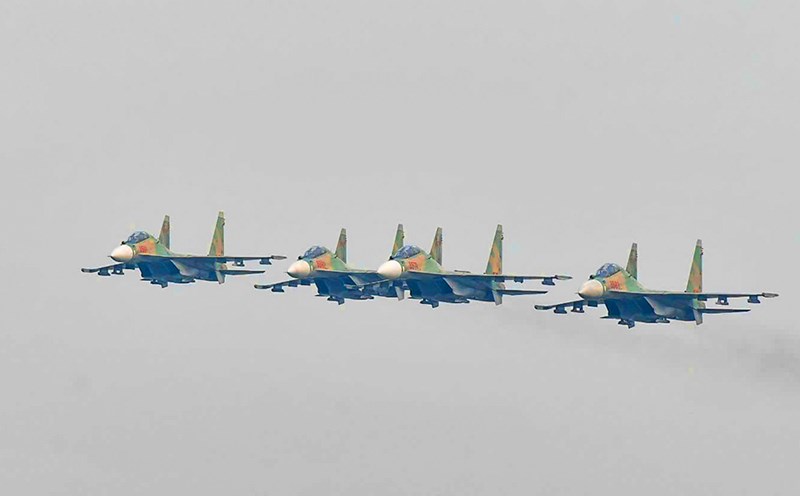Will present a plan for gasoline distributors to buy and sell from each other.
A few months after Decree 80 on petroleum trading was issued, the Government leaders requested the Ministry of Industry and Trade to preside over the drafting of a completely new decree on petroleum trading, replacing the three previous decrees: Decree 80, 95 and 83. Immediately after that, the draft of the new decree was announced by the Ministry of Industry and Trade to seek opinions from experts and ministries.
However, in the 4th draft, many new proposals still did not receive consensus - especially the new regulation that "distributors are only allowed to buy gasoline from the main gasoline traders, and are not allowed to buy and sell gasoline with each other".
In response to public concerns, the Domestic Market Department (Ministry of Industry and Trade) said that, implementing the conclusions of inspection, examination and investigation agencies on reducing intermediary levels in the distribution of gasoline and oil, the draft decree is designed in the direction of "eliminating regulations on the purchase and sale of gasoline and oil between gasoline and oil distributors, eliminating "virtual" data on the amount of gasoline and oil consumed in the market".
This will help the main petroleum traders to accurately calculate the amount of petroleum consumed domestically to purchase from domestic and foreign manufacturers to serve domestic consumption. State management agencies can also accurately determine domestic consumption needs to implement the annual allocation of total resources.
However, the Domestic Market Department said that, through the process of collecting opinions, many distributors said: Removing the regulation on buying and selling gasoline between gasoline distributors is to limit the business rights of small and medium enterprises; is discriminatory, creating business advantages for enterprises with monopoly positions...
Therefore, petroleum distributors propose to continue to regulate that petroleum distributors have the right to buy and sell petroleum with each other as it is currently.
Because this regulation will create additional supply sources for other petroleum distributors and retailers in case the petroleum supply from the main petroleum trader suddenly encounters problems.
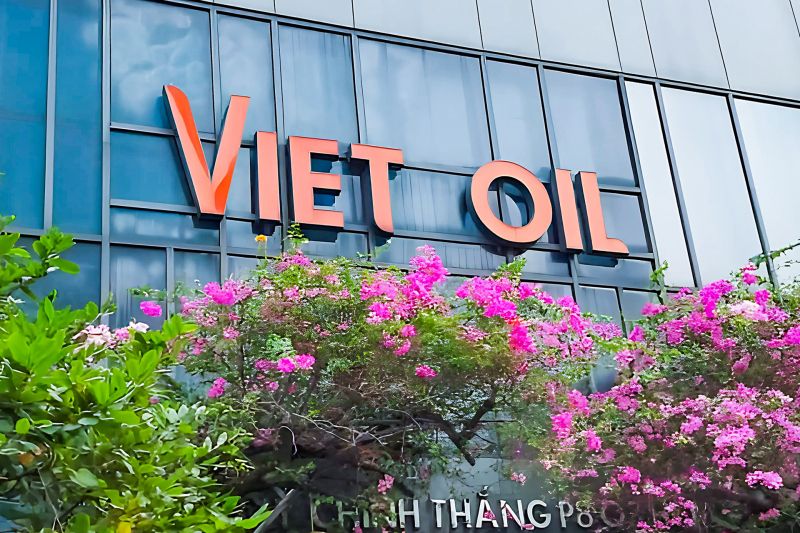
In response to comments from traders, according to the Domestic Market Department, in the new draft, the Ministry of Industry and Trade will submit two options to the Government:
Option 1: The draft Decree stipulates that petroleum distributors are not allowed to buy and sell petroleum with each other, but are only allowed to buy petroleum from key petroleum traders.
Although in line with the spirit of inspection and investigation agencies, the Domestic Market Department admits that the disadvantage is that petroleum distributors are not allowed to buy and sell petroleum with each other, which may limit competition in the market, and petroleum distributors say they are discriminated against.
Option 2: The draft Decree continues to stipulate that petroleum distributors have the right to buy and sell petroleum with each other as it does now.
According to the Domestic Market Department, the disadvantage of this regulation is that it cannot accurately determine the actual amount of gasoline consumed in the market when traders buy and sell to each other, creating "fake" data on the amount of gasoline consumed in the market. There is a risk that the discount at the retail stage will be only at a low level, causing retail businesses to limit sales to the market due to losses.
Has the "fake" data on gasoline consumption in the market been resolved?
Mr. Nguyen Tien Thoa - former Director of the Price Management Department (Ministry of Finance) said that it is necessary to allow distributors to buy and sell with each other as per current regulations. Because the "fake" data on the amount of gasoline consumed in the market has been resolved by some new regulations in this draft.
In the draft, the Drafting Committee proposed a new regulation that "connecting data on total petroleum sources, consumption, petroleum inventories, etc. is a mandatory condition that petroleum traders must implement".
Accordingly, traders requesting to be granted a new Certificate of eligibility to act as a petroleum wholesaler must immediately comply with this data connection regulation. Traders who have been granted a Certificate of eligibility to act as a petroleum wholesaler must have a roadmap for processing, within 24 months from the effective date of the Decree.
"This is a new regulation that previous decrees did not have. With this new point, the concerns of the Ministry of Industry and Trade about the virtual figures of gasoline consumption have been resolved," said Mr. Thoa.
According to him, this is a reliable basis for the Ministry of Industry and Trade to grasp the actual supply of gasoline from the source. Distributors - even if they buy and sell with each other - cannot make the supply increase or decrease in an imaginary way.
On the contrary, distributors who establish systems in areas where each other's goods are bought and sold will have complementary forces, proactively regulate supply and demand for the area they are responsible for, ensure flexibility and timely response to gasoline shortages, and prevent potential risks of local supply disruptions.



